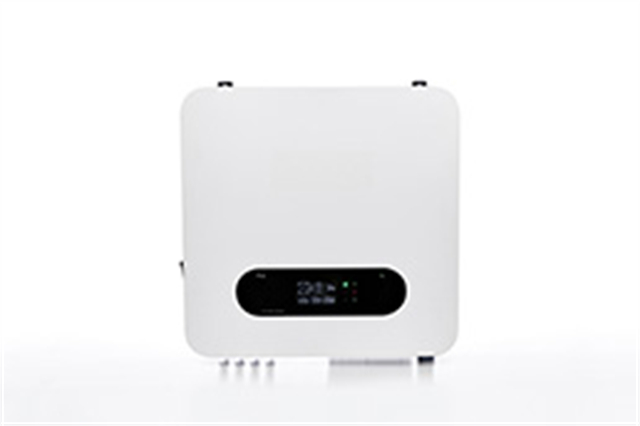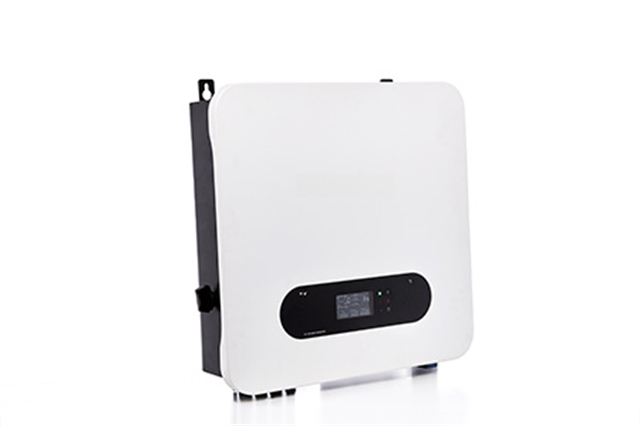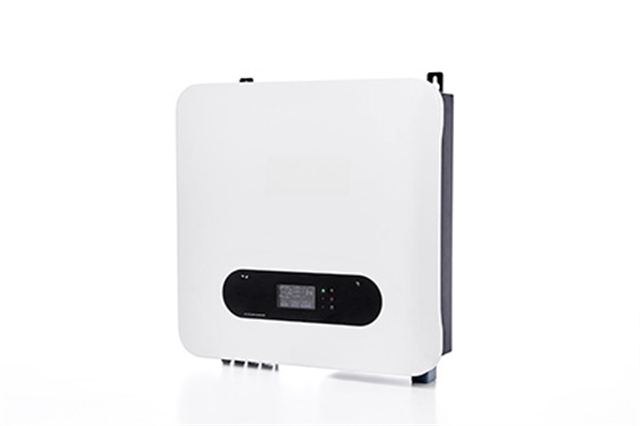Author:BLD Solar Energy SystemFROM:Solar System Converter Manufacturer TIME:2023-10-07
Efficient Utilization of Hybrid Inverters on the Grid

With the growing demand for renewable energy sources, hybrid inverters have emerged as a key technology for efficient utilization of solar and wind power on the grid. These innovative devices combine the capabilities of both grid-tied and off-grid inverters, allowing for a more flexible and reliable integration of renewable energy into the existing power system. This article explores the benefits and challenges of using hybrid inverters and highlights their potential in facilitating a sustainable and decentralized energy future.

Hybrid inverters play a crucial role in integrating solar and wind power into the grid. By converting the direct current (DC) output from photovoltaic panels or wind turbines into alternating current (AC), these inverters enable the seamless integration of renewable energy sources with the existing power infrastructure. This integration is essential for maximizing the utilization of solar and wind power and reducing dependency on fossil fuels.

One of the key features of hybrid inverters is their ability to operate in a grid-tied mode. In this mode, the inverter synchronizes with the utility grid and feeds excess energy generated by the solar panels or wind turbines back into the grid. This not only reduces the overall energy consumption from non-renewable sources but also allows consumers to earn credits for the surplus energy they contribute to the grid, creating a financial incentive for renewable energy adoption.
Besides grid-tied operation, hybrid inverters also provide the flexibility of operating in an off-grid mode. This allows users to rely solely on renewable energy during periods of grid outages or in remote areas where grid connectivity is limited. By storing excess energy in batteries or other energy storage systems, hybrid inverters ensure a continuous and reliable power supply, thereby increasing the resilience of the electricity infrastructure.
Hybrid inverters are equipped with advanced energy management systems that optimize the performance of renewable energy systems. These systems monitor the power production, consumption, and storage levels, allowing for intelligent control and optimization of energy flows. By intelligently managing energy generation, storage, and consumption, hybrid inverters can maximize self-consumption, minimize wastage, and further reduce reliance on the grid.
Investing in hybrid inverters can lead to significant cost savings for both residential and commercial users. By harnessing solar and wind power, users can reduce their dependency on expensive grid electricity, resulting in lower energy bills. In addition, feed-in tariffs and net metering schemes enable users to earn revenue by selling excess energy back to the grid. These financial benefits contribute to a faster return on investment for hybrid inverter installations.
With the increasing penetration of renewable energy sources, grid stability and resilience become critical factors. Hybrid inverters play an important role in maintaining a stable grid by regulating the frequency and voltage fluctuations caused by intermittent renewable power generation. These inverters provide reactive power support and seamless transition between grid-tied and off-grid modes, ensuring a smooth operation of the power system even under challenging conditions.
Hybrid inverters offer scalability and a modular design that can be easily expanded to accommodate growing energy demands. This flexibility is particularly beneficial for residential and commercial users who may want to increase their renewable energy capacity over time. The modular design also simplifies maintenance and allows for future technological upgrades, ensuring that hybrid inverter systems remain efficient and up-to-date.
Lastly, the adoption of hybrid inverters contributes to significant environmental benefits. By utilizing solar and wind power, carbon emissions associated with conventional energy generation are reduced, mitigating climate change. Hybrid inverters facilitate the transition towards a greener and more sustainable energy system, establishing a foundation for a cleaner and healthier planet for future generations.
Hybrid inverters are a vital component of the evolving renewable energy landscape. Their ability to integrate solar and wind power, provide grid-tied and off-grid operation, optimize energy management, and deliver various financial and environmental benefits make them an essential technology for efficient utilization of renewable energy on the grid. As we strive towards a sustainable future, hybrid inverters play a pivotal role in shaping the way we generate, consume, and distribute energy, driving us towards a cleaner and more resilient energy system.
